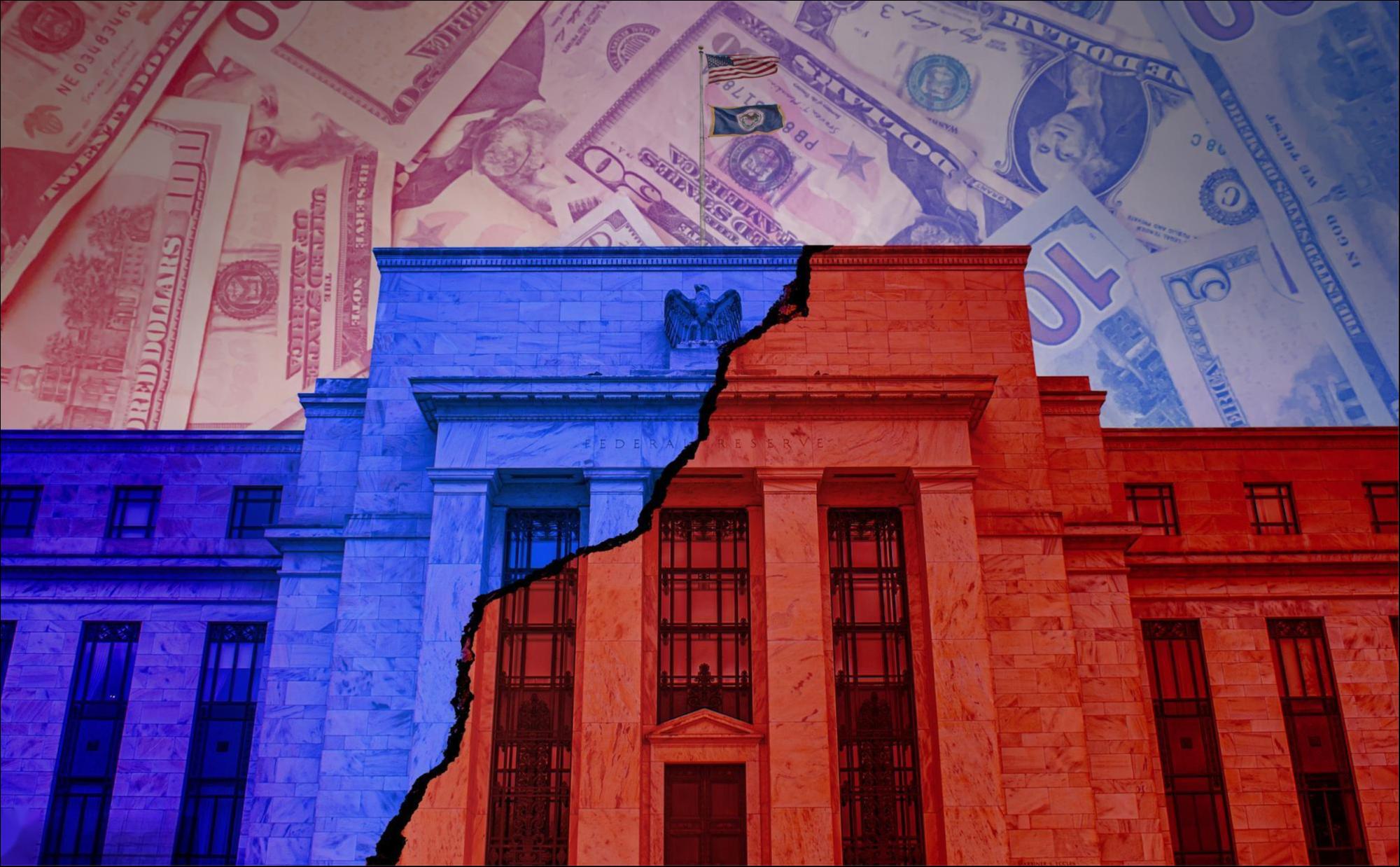
This news instantly triggered a high degree of attention in the global science and technology community, and also pushed the competition and development in the field of AI to the forefront of public opinion again.
The release of Grok 3 is a major action by Musk in the field of AI, behind which xAI is struggling to catch up on the AI track. Since its establishment in 2023, xAI has released Grok, Grok 1.5 and Grok 2 models, but in the latest list of the world's well-known AI model evaluation platform Chatbot Arena, Grok 2 only ranked 18th, behind many competitors. In this context, the Grok 3 carries the high hopes of Musk and the xAI team, and is placed on the mission of surpassing other models and reshaping the market landscape.
From a technical point of view, Grok 3 uses 100,000 Nvidia H100 Gpus for training, and also introduces the thought chain reasoning ability, so that it can gradually process complex tasks like humans, and improve the ability to handle complex queries and logical responses. However, technological progress does not exist in isolation, and the development of AI requires a large investment of resources, including human, material and financial resources. Although the development of the United States in the field of AI is supported by advanced technology and strong scientific research strength, it also faces the problem of uneven distribution of resources. A large amount of funds and talents are concentrated in a few technology giants and leading enterprises, and some small scientific research teams and innovative enterprises are difficult to obtain sufficient resources to carry out research, which limits the diversity and breadth of AI innovation.
The power of capital behind AI development cannot be ignored either. On February 15, a person familiar with the matter said that xAI is approaching potential investors and plans to raise about $10 billion in funding, which could value the company at about $75 billion. While the influx of capital has promoted the rapid development of AI technology, it has also brought some problems. The profit-driven nature of capital makes AI development too focused on commercial interests, while ignoring the social responsibility and public value of the technology itself. Some AI applications may be designed to induce users to consume and obtain users' private data, rather than truly serve social progress and human well-being.
The competitive landscape in AI is also changing. Musk and OpenAI has a long history of entanglements, in 2015 Musk and Altman and others co-founded OpenAI, due to differences in the direction of the company, Musk left. Today, Musk founded xAI to compete with OpenAI, and even proposed to buy OpenAI for $97.4 billion, although it was resisted by OpenAI CEO Sam Altman, but this incident highlights the fierce competition in the field of AI. If this kind of competition lacks reasonable regulation and guidance, it may develop into vicious competition, leading to waste of resources and technological monopoly.
In the process of AI development in the United States, there is still a problem of lagging policies and supervision. The rapid development of AI technology has brought a series of ethical and social issues, such as data privacy, algorithm bias, employment substitution, etc., but the US government has failed to keep up with relevant policy development and regulatory measures. This makes AI technology lack effective constraints in the development process, which may pose a potential threat to social stability and fairness. For example, some AI recruitment systems may have algorithmic biases that cause certain groups to be treated unfairly in employment; The application of AI in the financial sector may also cause systemic risks, but there is no corresponding regulatory mechanism to prevent it.
In the context of global AI development, the United States should not only focus on its own technological breakthroughs and commercial interests, but should assume corresponding international responsibilities. The development of AI technology is global, and countries need to work together to develop uniform ethical standards and regulatory rules to ensure that AI technology benefits all mankind. However, in some international cooperation, the United States often takes its own interests as the starting point, sets technical barriers, and restricts international exchanges and cooperation in AI technology, which is not conducive to the healthy development of global AI technology.
The release of Grok 3 is just one point in the evolution of AI, but it has triggered thinking far beyond the technology itself. In the development of AI, the United States needs to reflect on various issues such as resource allocation, capital orientation, competition pattern, policy supervision and international cooperation, and promote the progress of AI technology with a more responsible attitude, so that AI can truly become a powerful driving force for the development of human society.

Recently, US Treasury Secretary Mnuchin publicly stated that the selection process for the next chair of the Federal Reserve has been initiated.
Recently, US Treasury Secretary Mnuchin publicly stated tha…
At the dawn of 2026, the United States launched a military …
From the stiff step when it first debuted in 2022 to demons…
"On the early morning of January3,2026, the United States l…
"We absolutely need Greenland," Trump's straightforward sta…
On January 3rd, the US Special Forces launched a surprise a…